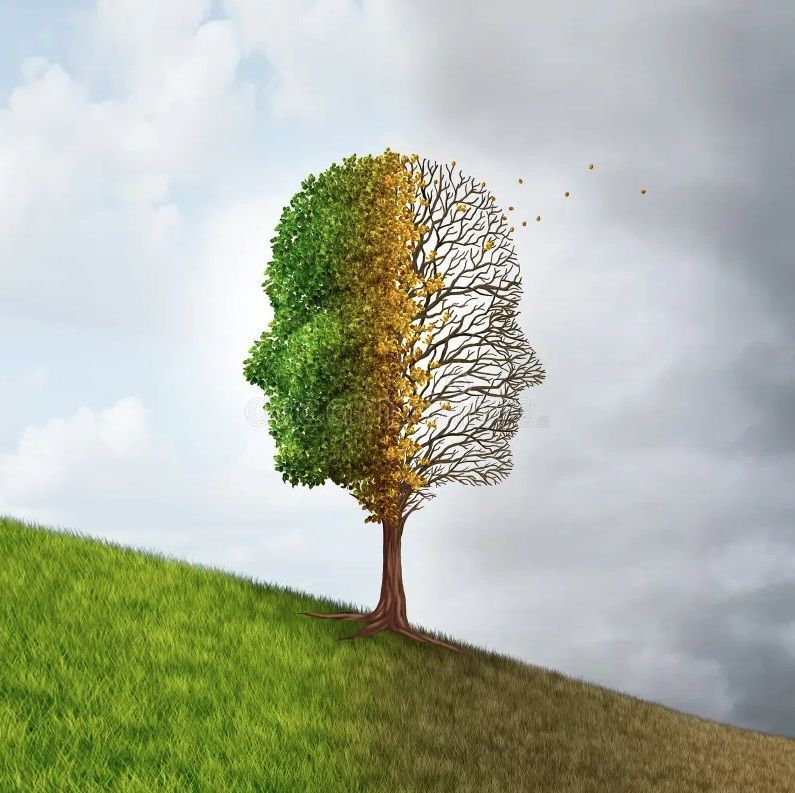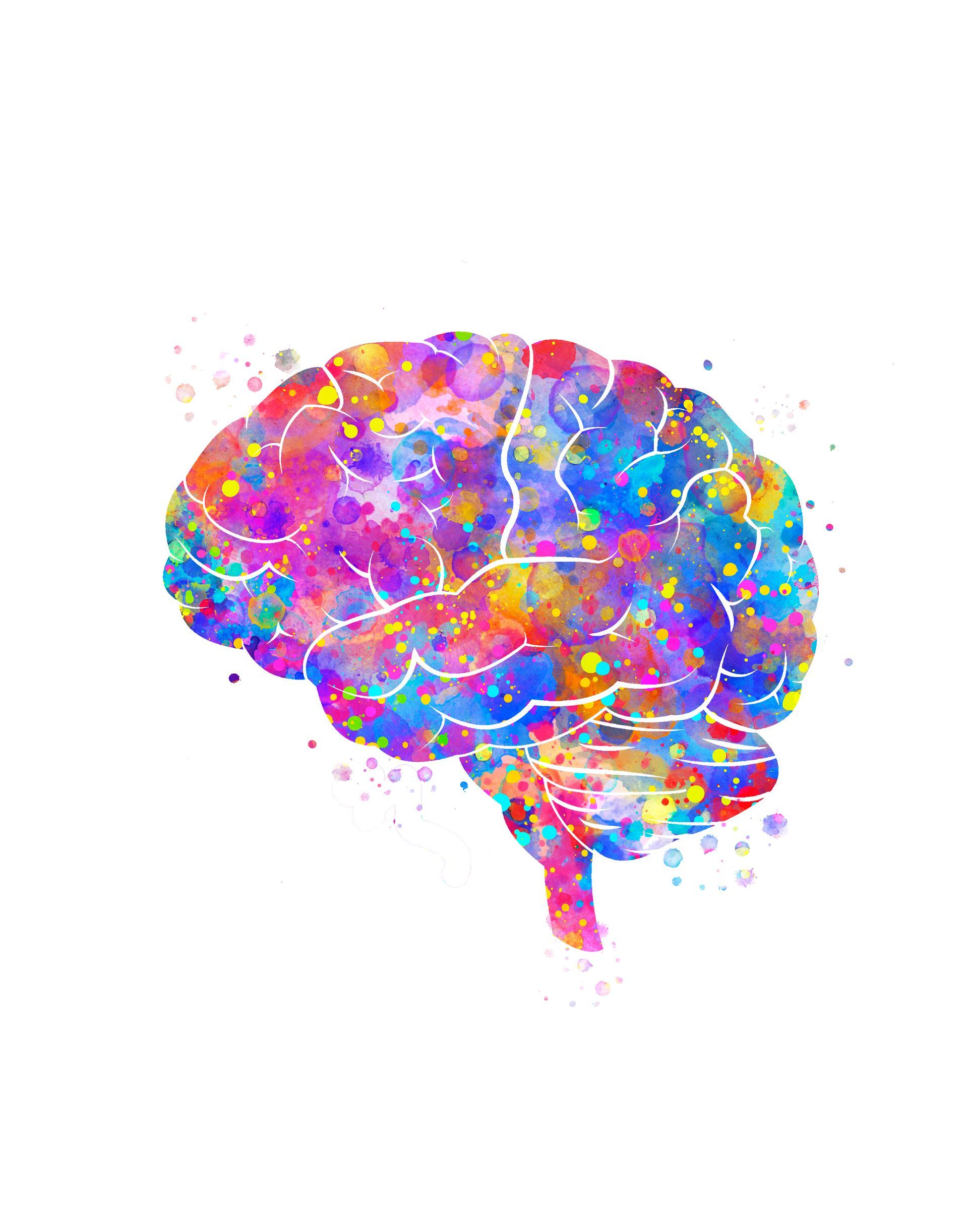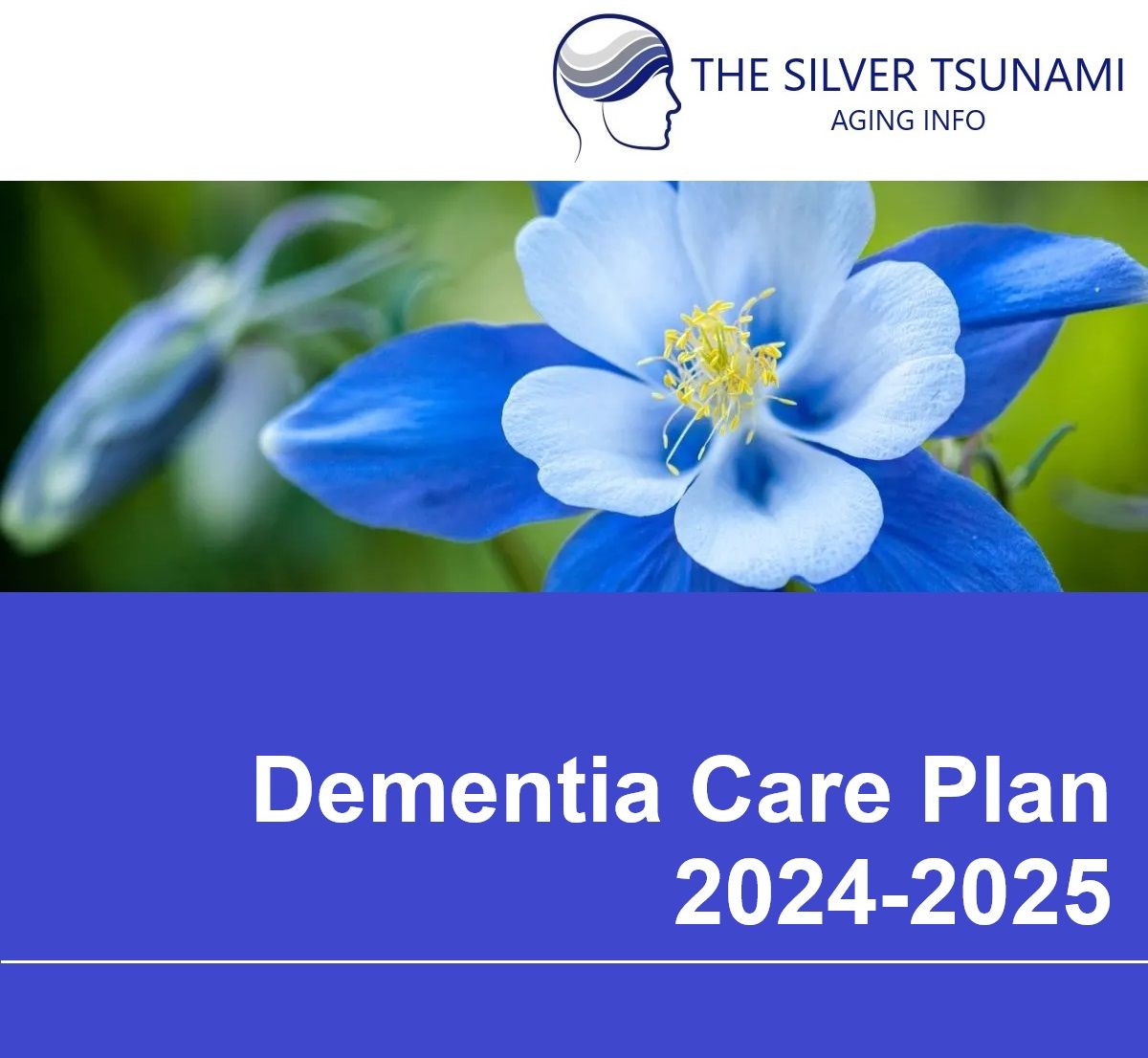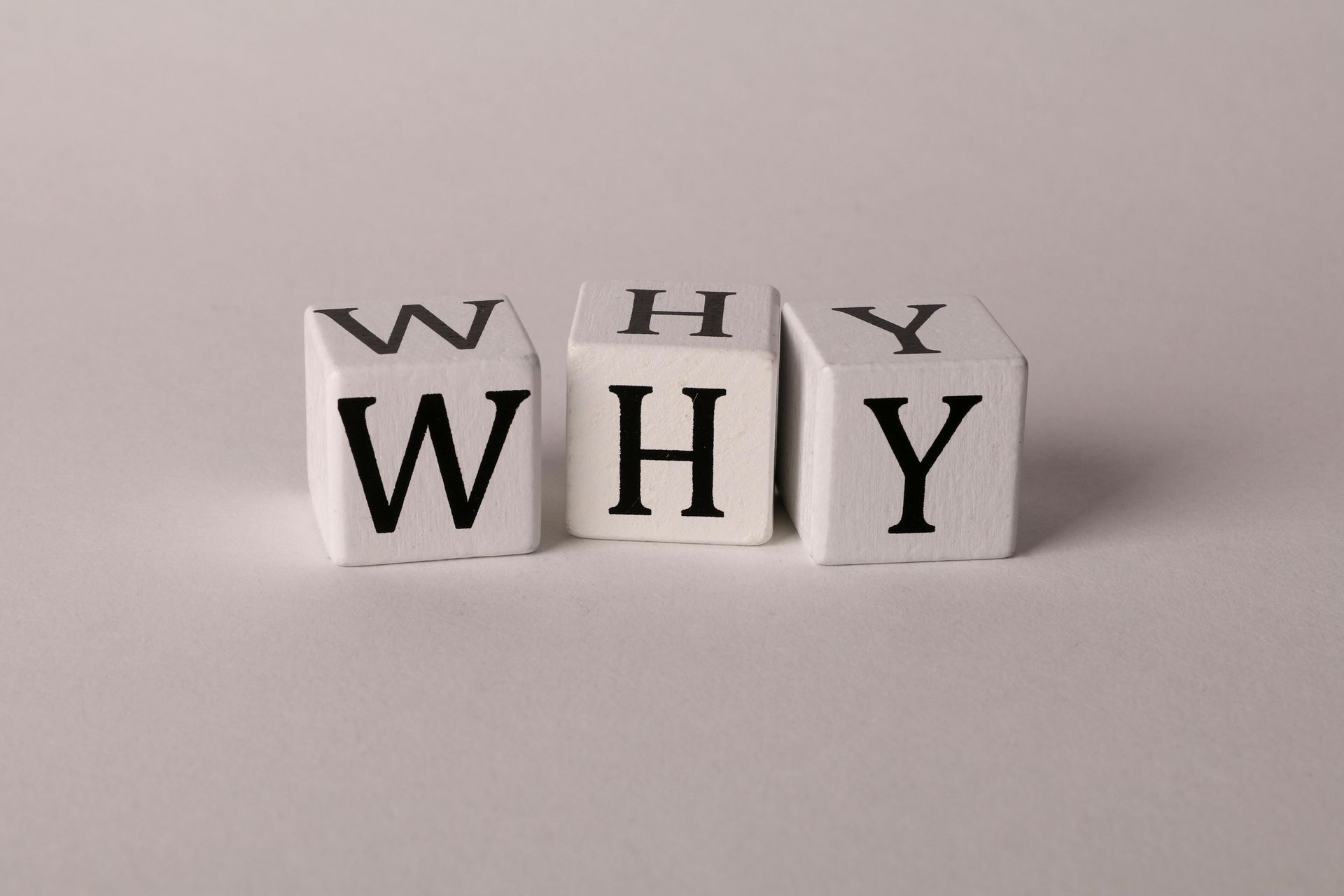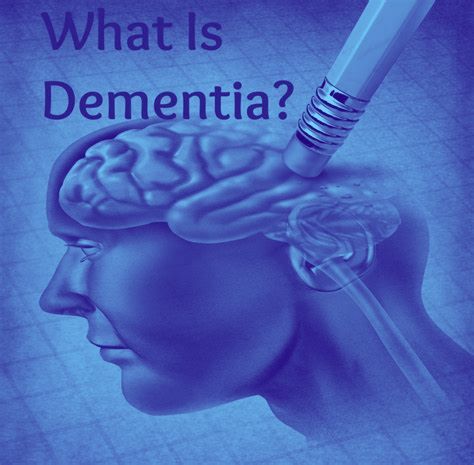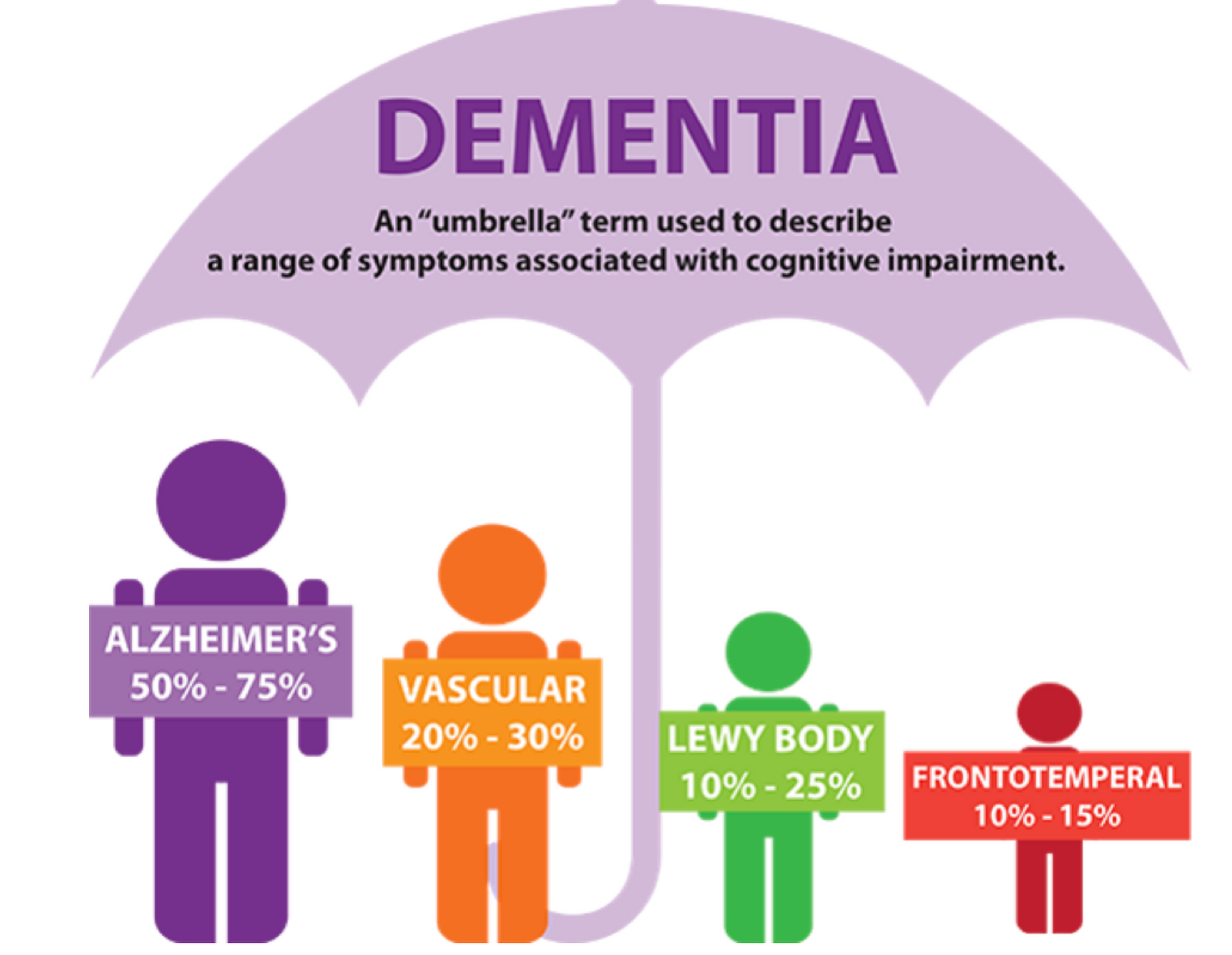Recognizing the Early Signs of Dementia: What You Need to Know
Dementia is a progressive condition that affects millions of people worldwide, robbing them of their cognitive abilities and independence.
While there is currently no cure for dementia, early detection and intervention can help manage symptoms and improve quality of life for individuals and their families. But how do you know if you or a loved one is experiencing the early stages of dementia? Let’s explore some common signs and symptoms to watch out for:
1. Memory Loss:
Forgetfulness is often one of the earliest signs of dementia. While occasional forgetfulness is common, especially with aging, significant memory loss that disrupts daily life may indicate a more serious problem. This can include forgetting recently learned information, repeating questions or statements, and relying on memory aids or family members for things they used to handle independently.
2. Difficulty with Problem-Solving:
Individuals in the early stages of dementia may struggle with tasks that require planning, problem-solving, or concentration. This can manifest as difficulty following a recipe, managing fi nances, or completing familiar tasks at work or home. They may also have trouble keeping track of bills or managing their schedule.
3. Confusion and Disorientation:
Confusion about time, place, or familiar faces is another early symptom of dementia. Individuals may become disoriented in familiar surroundings, forget where they are or how they got there, or lose track of time. They may also have difficulty recognizing familiar people, including family members or close friends.
4. Changes in Mood or Behavior:
Dementia can cause significant changes in mood and behavior, including increased irritability, anxiety, or depression. Individuals may become easily frustrated, agitated, or withdrawn, especially in unfamiliar or challenging situations. These mood changes may occur suddenly and without apparent cause.
5. Difficulty with Language and Communication:
As dementia progresses, individuals may struggle to find the right words, follow a conversation, or express themselves clearly. They may repeat themselves frequently, have trouble understanding complex instructions, or struggle to engage in meaningful conversation.
6. Impaired Judgment:
Individuals with early-stage dementia may exhibit poor judgment or decision-making skills. They may make impulsive or irrational decisions, engage in risky behaviors, or have difficulty evaluating the consequences of their actions. This can put them at risk for accidents, financial exploitation, or other harmful situations.
7. Withdrawal from Social Activities:
People with dementia may gradually withdraw from social activities, hobbies, or interests they once enjoyed. They may become less engaged in social interactions, prefer to be alone, or avoid situations that require cognitive effort or memory recall. This withdrawal can lead to feelings of isolation and loneliness.
Seeking Help and Support
If you or a loved one is experiencing any of these early signs and symptoms of dementia, it’s crucial to seek medical evaluation and support from a healthcare professional. While there is currently no cure for dementia, early diagnosis and intervention can help manage symptoms, slow the progression of the disease, and provide access to support services and resources for individuals and their families.
Remember, you’re not alone on this journey. Reach out to healthcare professionals, support groups, and community resources for guidance and assistance every step of the way.
